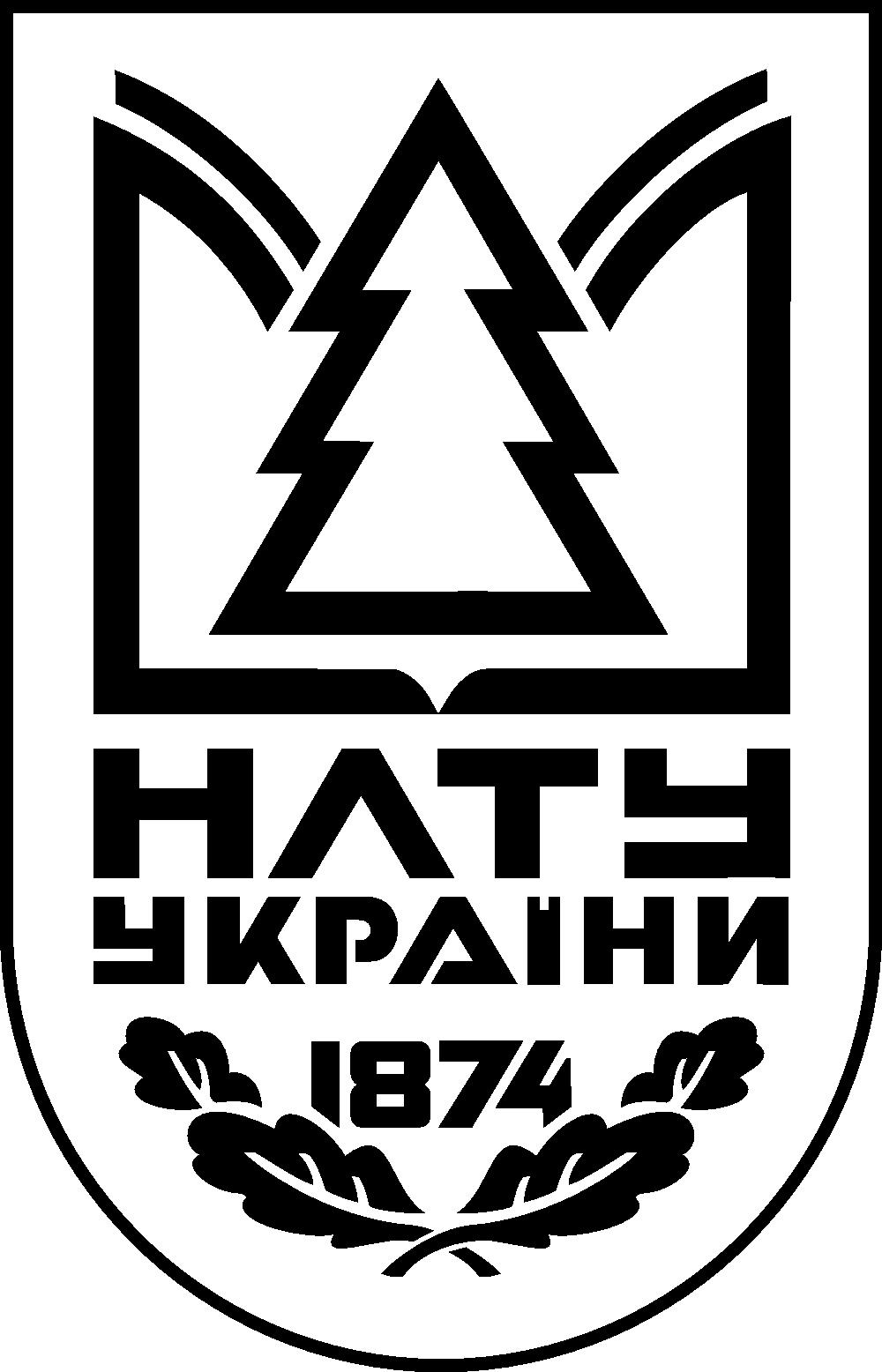 |
International
Conference
BUILDING
INSIGHTS OF MANAGERIAL ECONOMICS AND ACCOUNTING TOWARDS SUSTAINABLE FOREST
MANAGEMENT
Ukrainian National Forestry
University, Lviv, Ukraine
May 17 ¢ 19, 2007
IUFRO
Unit 4.05.00 - Managerial Economics and Accounting
IUFRO Unit 4.05.01 - Managerial,
social and environmental accounting
IUFRO Unit 4.05.02 - Managerial
economics |
 |
Evaluating Impacts of Forest Certification
Frederick Cubbage,
North
Carolina State University, Raleigh, North Carolina, USA
Ihor Soloviy, Institute
of Ecological Economics, Ukrainian National Forestry University, Lviv, Ukraine
E-mail:
soloviy@yahoo.co.uk
Volodymyr Kovalyshyn,
Institute of
Ecological Economics, Ukrainian National Forestry University, Lviv, Ukraine
E-mail:
vovik@forest.lviv.ua
Forest certification is increasing
in extent and importance throughout the world, with about 295 million ha
certified as of January 2007, or about 7.5% of the worldÆs forests.
Certification is intended to ensure that forests are managed in an economically,
environmentally, and socially desirable manner. The two largest forest
certification systems in the world are Forest Stewardship Council (FSC) and
Programme for Endorsement of Forest Certification (PEFC). FSC was the first
international system, with 84 milion ha. It was begun and still promoted by
environmental nongovernment organizations (ENGOs). PEFC, with 194 million ha as
of 2007, is actually an organization that approves individual country systems,
which have been promulgated by private landowner, industry, and conservation
interest groups. Recent evaluation studies have found that forest certification
does prompt changes in forest management, improve interaction with communities
and workers, and enhance environmental performance. Studies in Europe indicate
that costs for certification may range from $0.15 to $1.50 per ha per year
depending on the country and forest size; a U.S. study found costs to maintain
certification that ranged from $0.80 to $9.50 per ha per year. Forest
certification adoption has been associated with export of forest products,
forest area per capita, gross domestic product, and income per capita. Forest
certification will continue to increase moderately in area in the future, as
well as lead the discussion about market mechanisms to foster sustainable forest
management.
Keywords:
forest policy instruments, forest certification systems, market mechanisms,
sustainable forest management
back
ąśčüą┐ąŠą╗čīąĘčāčÄčéčüčÅ č鹥čģąĮąŠą╗ąŠą│ąĖąĖ
uCoz
